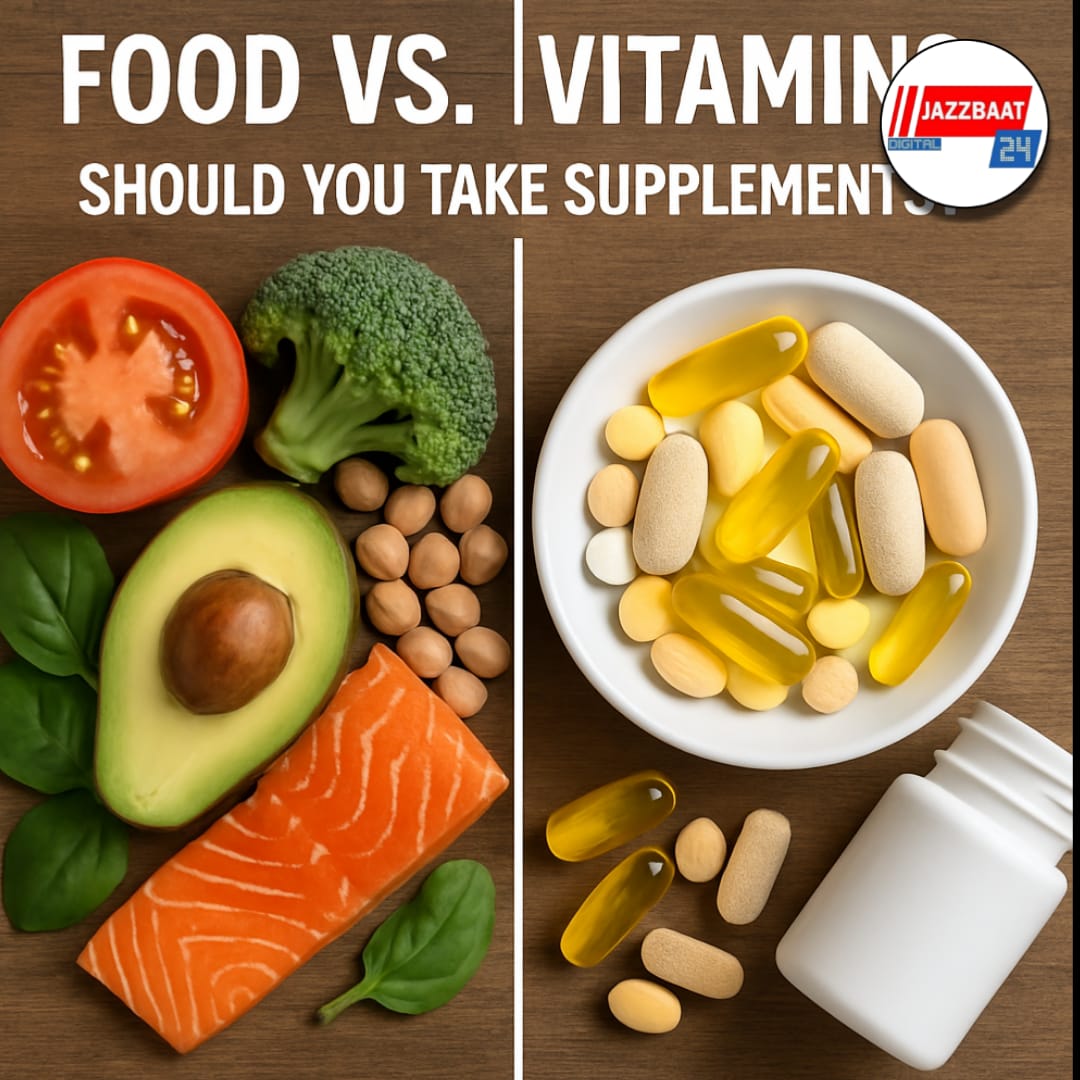
Although food has historically been our main source of vital nutrients, more people are now considering supplements due to changing lifestyles, degraded soil, and processed meals.
The debate surrounding the necessity of vitamin and mineral supplements in modern diets persists, with experts acknowledging the evolving landscape of nutrition. While whole foods are ideally the primary source of nutrients, factors like changing lifestyles, soil depletion, and processed foods have led many to consider supplements. Aman Puri, founder of Steadfast Nutrition, emphasizes that "Supplements can never be a replacement for food," though he concedes they can be crucial when dietary intake falls short due to irregular meals, stress, poor sleep, or reliance on processed foods. Supplements offer concentrated nutrients that might be difficult to obtain solely through diet.
Functional nutritionist Mugdha Pradhan of iThrive adds that unlike previous generations who could rely entirely on food for nutrition, intensive farming and extended supply chains have diminished the nutrient content of produce. Both experts agree that judiciously used supplements can fill nutritional gaps.
Pradhan recommends testing vitamin levels first, as deficiencies in Vitamin D, B12, magnesium, and zinc are common and can impact energy, immunity, and hormone balance. She stresses choosing high-quality, clinically tested supplements free of artificial additives. Puri, however, cautions against overuse, noting that synthetic ingredients can be less effective and overconsumption may lead to side effects like nausea, skin allergies, digestive issues, and long-term harm to organs.
While supplements offer a quick fix for specific deficiencies, both experts underscore that a balanced, diverse diet remains the cornerstone of health, providing essential fiber, antioxidants, and phytonutrients not found in supplements. They are most beneficial in clinical cases or to address specific needs, always under professional guidance. The consensus points to a personalized approach: a well-rounded diet is ideal, but given modern realities, smart supplementation under expert supervision may be necessary to address common deficiencies.